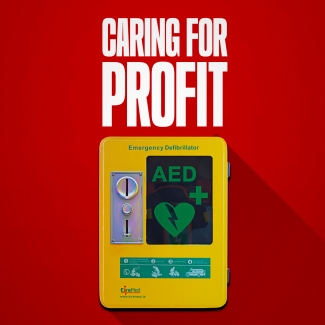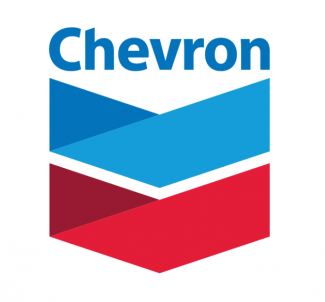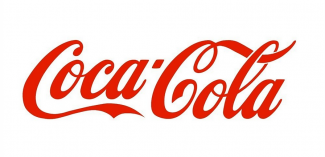Gulliver
Exposing corporate wrongdoing
Type the name of a company in the search box below. To conduct a wider search, please pick from one (or more) of the drop down menus below.
Bupa (British United Provident Association)
Bupa (British United Provident Association) is a multinational healthcare company that owns and runs clinics, hospitals and care homes and offers health insurance services across the world from Brazil to Hong Kong to New Zealand. All told, some 20,000 elderly people live in its facilities, with about a third of that number in Australia and a third in England. Reports by the UK Care Quality Commission showed that 115 of Bupa’s 290 UK homes had serious and avoidable failures between early 2000 and 2015. And a 2019 report by the Aged Care Quality and Safety Commission in Australia showed that over half of the 72 nursing homes run by Bupa were failing basic standards of care.
Chevron Corporation
Chevron is a fossil fuel company headquartered in San Ramon, California. It was founded in the 1870s as the Standard Oil Company of California and later acquired the assets of Texaco, another Standard Oil company. In 2011, courts in Ecuador ruled that the company should pay $9.5 billion for dumping an estimated 16 billion gallons of toxic waste and abandoning 1,000 waste pits at Texaco's Lago Agrio oil field in Ecuador's Amazon, after Indigenous communities like the Cofán and the Shuar sued the company. Not only has the company has refused to pay up, it has aggressively pursued the activists who supported the lawsuit, like Steven Donziger, one of the main lawyers on the case. Chevron has also been accused of serious environmental and human rights abuse in the Niger Delta, notably for financing the mobile police, also known as the “kill and go” squad, who shot and killed two Ilaje ethnic protestors during an occupation of Chevron’s Parabe platform in 1998.
Coca-Cola
Coca-Cola is a beverage company founded in 1892 that is best known for carbonated soft drinks. The original Coca-Cola drink contained trace quantities of cocaine. Today the company's products are far more controversial because many contain large quantities of sugar like Coke which has 10.6 grams per 100 ml, which has been directly linked to weight gain. The company is also notorious for marketing these drinks to children and paying scientists to promote the idea that lack of exercise is the cause of obesity rather than sugar. Coca-Cola was ranked the world’s No 1 plastic polluter after its beverage bottles were the most frequently found discarded on beaches, rivers, parks and other litter sites in over 50 countries. Coca-Cola has been accused of over-extraction of groundwater in India and Mexico and of abusing workers's rights in Colombia, Guatemala, Russia and Turkey.



